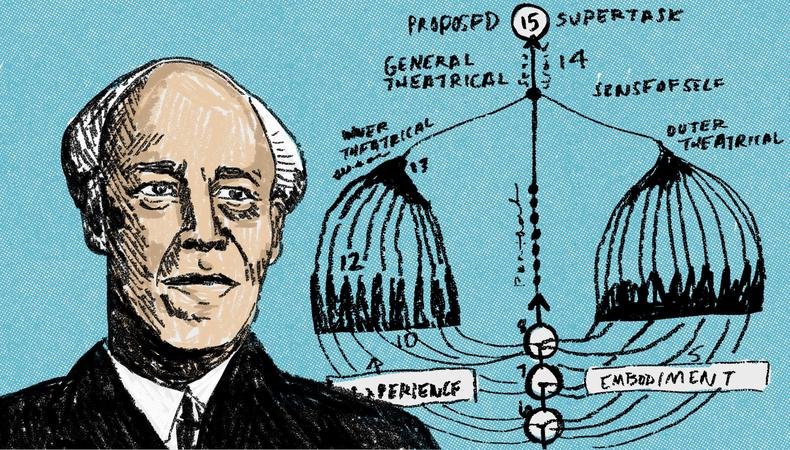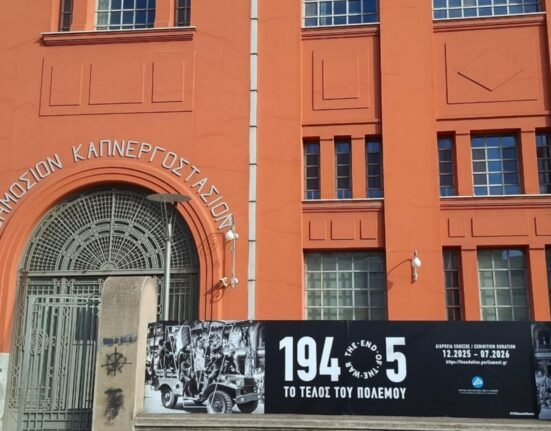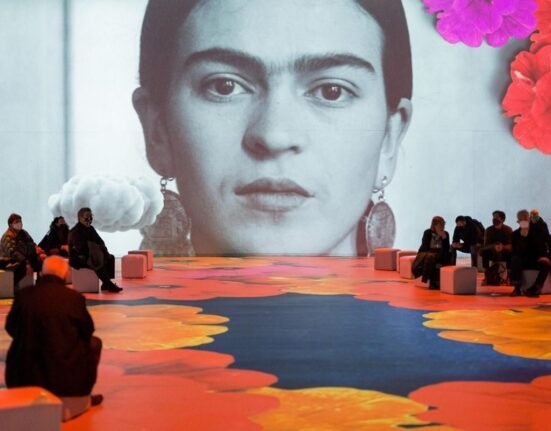Throughout the illustrious history of acting, spanning from the days of classical theater with its stringent rules to the dynamic landscape of the 21st century, a plethora of techniques and methods have sculpted the art of performance on stage and screen. From Classical Acting to Method Acting, each approach has left an indelible mark on the craft, influencing how actors embody their characters and connect with audiences.
Undoubtedly, one of the most influential methodologies to emerge is the Stanislavski System of Acting. Developed by the Russian visionary Konstantin Stanislavski (1863-1938), this groundbreaking approach revolutionized the way actors approached their roles, emphasizing emotional truth, psychological depth, and a profound understanding of character motivation.
And who better to guide us through the intricacies of the Stanislavski method than George Kastrounis? George Kastrounis is a remarkable individual deeply immersed in the world of acting. He’s not just an acting coach; he’s a passionate advocate of the Stanislavski method, which has shaped his multifaceted career. Originally from Alexandria, Egypt, George’s journey into the realm of theater began in Greece. Despite his initial focus on economics, the magnetic pull of the stage led him to pursue Acting and Directing at the American Academy of Dramatic Arts in New York. Later, he honed his craft even further, earning a Master of Arts degree in Theater Arts from North Dakota State University. Today, George wears many hats – from a prolific writer of poetry and theatrical plays to a theater director and, of course, an inspiring acting coach. At his school, “Actors in Action”, he guides aspiring individuals through the transformative power of the Stanislavski acting technique, helping them unleash their creativity, connect with their emotions, and ultimately, transform their lives through the magic of theater.

So, George, could you tell us a bit about your acting school and the approach you take in your teaching?
Absolutely. I run an acting school, “Actors in Action”, with two branches, one in Kolonaki and the other in Metaxourgeio. We focus on teaching the Stanislavski system of acting, which emphasizes being in the moment, reacting authentically, and connecting with scene partners. It’s about tapping into one’s own emotions, experiences and the world around them to create genuine performances.
What makes the Stanislavski system unique? What differentiates it from other teaching methods?
Unlike some other teaching methods that may prioritize spectacle or technique, the Stanislavski system delves deep into the psyche of the character and the actor, urging performers to draw from their own experiences and emotions to breathe life into their roles. What truly differentiates the Stanislavski system is its emphasis on the “magic if” – the exploration of what a character would do if they were in the circumstances of the character they are portraying in the play under production. This concept invites actors to step into the shoes of their characters with empathy and understanding, creating performances that resonate with authenticity and depth.

How has the Stanislavski method evolved since its introduction in the US and the UK?
The Stanislavski system of acting, along with its variations such as the Meisner Technique, Stella Adler Technique, and Practical Aesthetics, has become integral to actor training programs in both American and British institutions. These methodologies prioritize emotional truth, psychological realism, and thorough character exploration, showcasing the enduring influence of Stanislavski’s groundbreaking contribution to the acting world. While the Stanislavski method has evolved over time, its fundamental principle remains unchanged: actors should immerse themselves fully in the moment, avoiding excessive analysis and allowing genuine reactions to unfold naturally. This approach not only enhances the authenticity of performances but also injects a heightened sense of excitement and realism into the acting experience.
It sounds impactful. Could you share a practical example of how the Stanislavski method works in action?
Certainly. Let’s take the example of portraying a homeless person on stage. Some actors might approach this role by simply mimicking external behavior associated with homelessness, like slouching or speaking in a certain manner. However, with the Stanislavski method, we encourage actors to go much deeper.
How so?
Well, instead of just imitating external characteristics, we ask actors to explore the “magic if.” This is a fundamental concept in Stanislavski’s approach. It’s about imagining yourself in the circumstances of the character. So, for our homeless person example, we might ask the actor, “What if you were in a situation where you had no home, no money, and no support? How would you act?“
That’s a powerful perspective.
George Kastrounis: Absolutely. By tapping into their own emotions and experiences, actors can create much more authentic and compelling performances. They’re not just playing a role; they’re living it from the inside out. This approach fosters empathy and understanding, both for the actor and for the audience.
It sounds like a transformative process.
It truly is. When actors embrace the “magic if” and immerse themselves fully in their characters’ circumstances, they create performances that resonate on a deeper level. It’s about finding that emotional truth and sharing it with the audience in a way that’s raw, honest, and profoundly human. The principle extendsfar beyond the stage. It’s about learning to listen deeply, connect emotionally, and show empathy. In everyday life, it helps individuals communicate effectively and understand others better.
Could you shed some light on the type of individuals who enroll in your classes and how these acting workshops influence their lives?
Well, the people who participate in my classes aren’t necessarily aiming for a career in acting or performing on stage. They’re mainly interested in strengthening their communication skills and becoming more open and connected individuals. Many of them feel a sense of withdrawal and isolation and want to break out of that shell. They’re seeking to be part of a group, to feel like they belong. They aspire to venture beyond the rigid parameters of the ‘box,’ embracing a freer, more creative environment that fosters belonging and encourages connection.
That’s intriguing. It seems like your classes offer more than just acting techniques.
Certainly. By learning to connect with their own emotions and experiences, students develop heightened empathy and emotional intelligence, which proves invaluable not only in personal relationships but also in professional settings. When individuals become more adept at understanding and expressing their emotions authentically, they’re better equipped to navigate workplace dynamics. They’re able to communicate effectively, build stronger relationships with colleagues and clients, and handle conflicts with greater empathy and diplomacy. Ultimately, the skills cultivated in acting classes, such as active listening, emotional awareness, and genuine expression, can significantly enhance one’s professional performance and overall career trajectory.
It’s truly fascinating how acting techniques can have such a significant impact on both professional and personal success, isn’t it?
Indeed. The principles we impart in acting classes extend far beyond the stage. Many students find themselves feeling more confident and empathetic, both on and off stage. They develop stronger personal and professional relationships as a result.
Before we wrap up, George, could you share something interesting about the readers of Xpat.gr?
Absolutely. I’ve found that the readers of Xpat.gr are a diverse and dynamic group, often seeking new ways to immerse themselves in the cultural fabric of their adopted homes. In collaboration with Xpat.gr, I’m excited to announce that we’ll soon be offering acting classes in English, catering to the expat community’s interests and passions. As a special treat, we’ve arranged an acting workshop for those curious about exploring the transformative power of theater. Stay tuned for the announcement of the workshop date – it’s going to be an exciting opportunity to step into the world of acting together!










